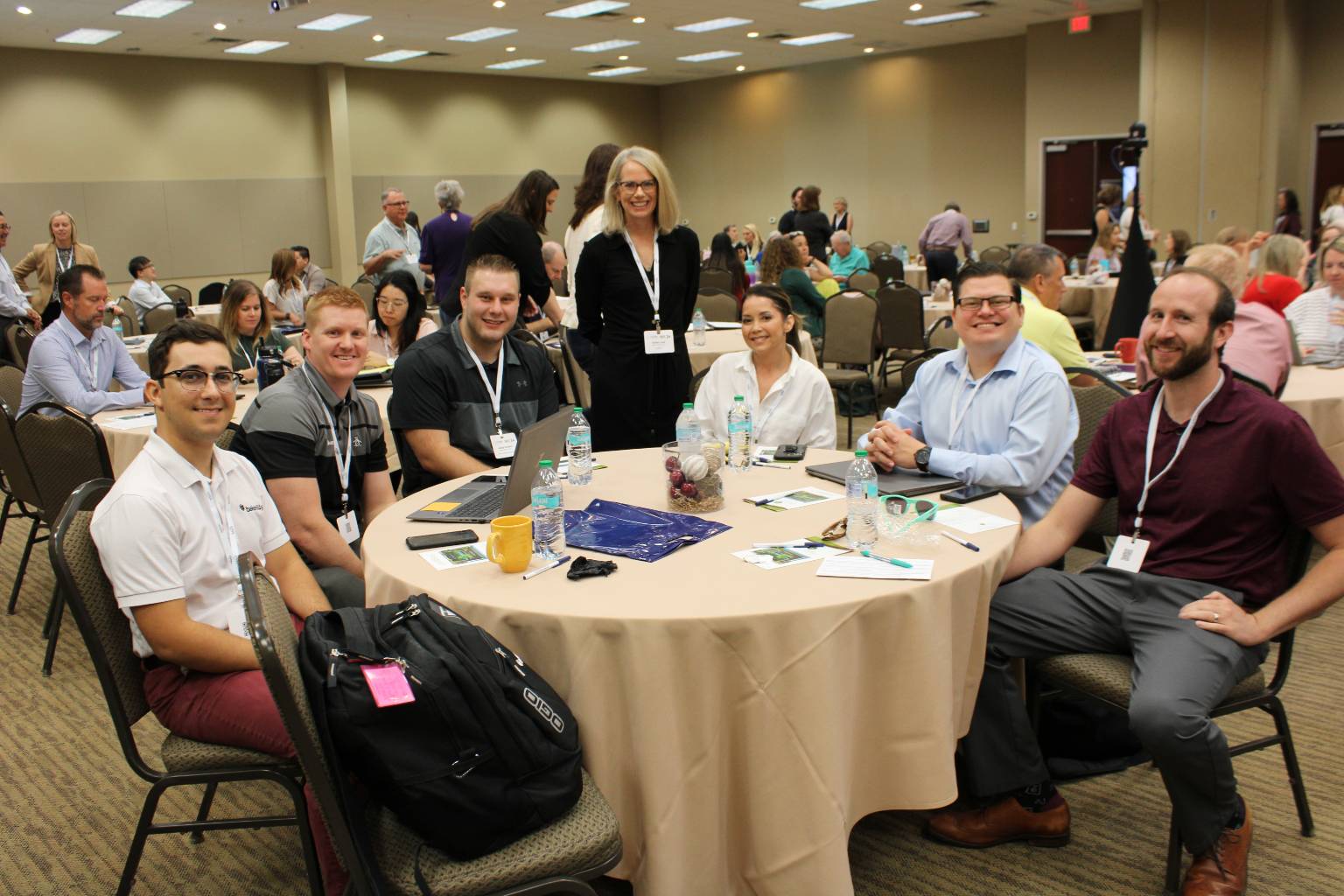Why Relationships Matter Most in Accounting
July 01, 2024

by Brian Kush
Accounting is about numbers. It’s about noticing trends (in the numbers) and sharing insights (about the numbers) and using your judgment (to properly value the numbers).
As an accountant, you spend a lot of your time (a lot of your life!) working with numbers.
But you don’t do it alone. None of us do.
We work together. We work in teams. We work with people, with other human beings.
Numbers or People: Of the two, which is more meaningful to you when you think about your work?
It may be helpful to think about the day you will move on, retire or just leave the organization you are working at right now. Do you think you will reminisce about all the numbers you fixed, the transactions you adjusted or the judgment you used for the numbers you estimated?
Maybe.
But, I’m willing to bet you’ll focus more on the people. Maybe you’ll reflect on
- The hard things you accomplished together.
- The impact you had on your organization’s culture.
- That one person you mentored who grew into the leader you knew they could be.
- That one person who smiled when you were going through a tough time.
- That one person who believed in your abilities and potential, even when you doubted yourself.
- That one person who lent a helping hand when you felt overwhelmed.
It’s the people we remember: our relationships and the impact they had on us, that we value most.
Yet, on most days, we focus primarily on the work we have to get done and we don’t spend enough time reflecting on the people we work with and our relationships with them.
Assuming you’re not leaving your job tomorrow (I hope not, the profession needs you!), what can you do today to improve your current working relationships?
Let’s start by being a bit more intentional about ensuring your working relationships are working for all parties. Ask some questions to encourage curiosity about how you could work even better together, such as:
What is going well in the ways we currently work together?
How could we exchange performance feedback in a way that supports each of us? How often should we exchange feedback? Where? What is the specific type of feedback we are each looking for that would be most helpful?
How do we want to engage with each other when we disagree or notice conflict?
Although the answers to these questions are certainly important, perhaps it’s even more important to simply hold the conversations and ask the questions! When you do, you are telling a teammate:
Our working relationship is important to me.
I want us to grow together, and I need your input to do that.
By discussing interactions like feedback and confilct ahead of time, you set the stage for future learning. You will also make future conversations about conflict and feedback easier because they will be more expected. This is critical because when you create a regular and expected pattern of sharing feedback, people tend to be more open and receptive to it. What is normalized through repetition feels safer to our brains. We’re less likely to feel criticized or defensive and go into fight or flight mode.
Feedback tends to get a bad rap in our profession because it’s not happening consistently. When we surprise people with feedback, they don’t feel safe. They feel the need to defend and protect themselves. They feel the need to win the conversation, instead of being open to learning through it.
We need to increase our conversational capacity and have more conversations that are about learning, rather than winning.
We Need Relationship Leaders
Whose responsibility is it to initiate these conversations and questions? Yours!
Our profession needs more leaders who focus on relationships now more than ever to create an environment where people feel psychologically safe.
It’s said that people don’t leave organizations, they leave relationships, like a frustrating boss. I’ve never heard one accountant tell me that they left an organization because:
- They received too much feedback about their performance.
- They spent too much time talking about how to best work with one another.
- Too many people invested in their growth by asking them questions, listening to them and tending to their answers.
We all value functioning, healthy relationships at work (and in life!). When our relationships are healthy, we bring more of our full selves to work. We engage at higher levels. We feel more energized, focused, productive and willing to help.
When our relationships flourish, we can all be more human, and bring in the humanity that our profession needs.
Brian Kush is principal at Intend2Lead and started his career as a consultant at Ernst and Young and AuditWatch. Now, Kush coaches CPA firm leaders to tap into their power and increase their capacity to lead others to more meaningful results. He can be reached at brian@intend2lead.com. To learn more about creating meaningful work relationships, hear him speak at the ASCPA’s Not-for-Profit Conference in June. See the agenda and register at ascpa.com/npc.
